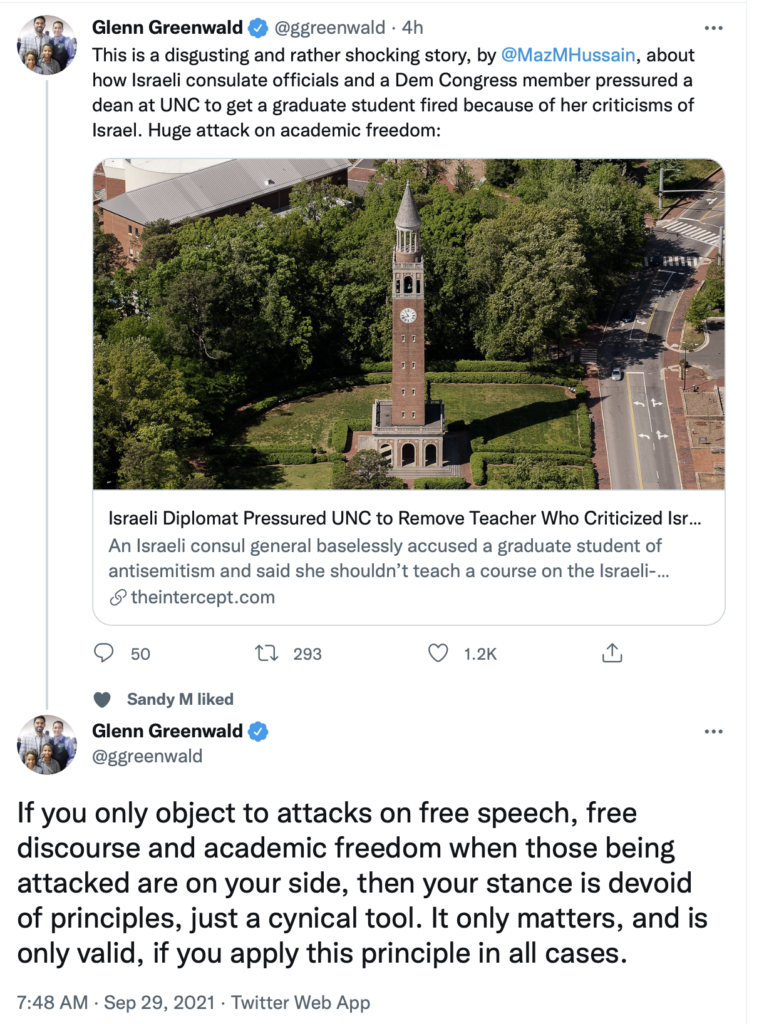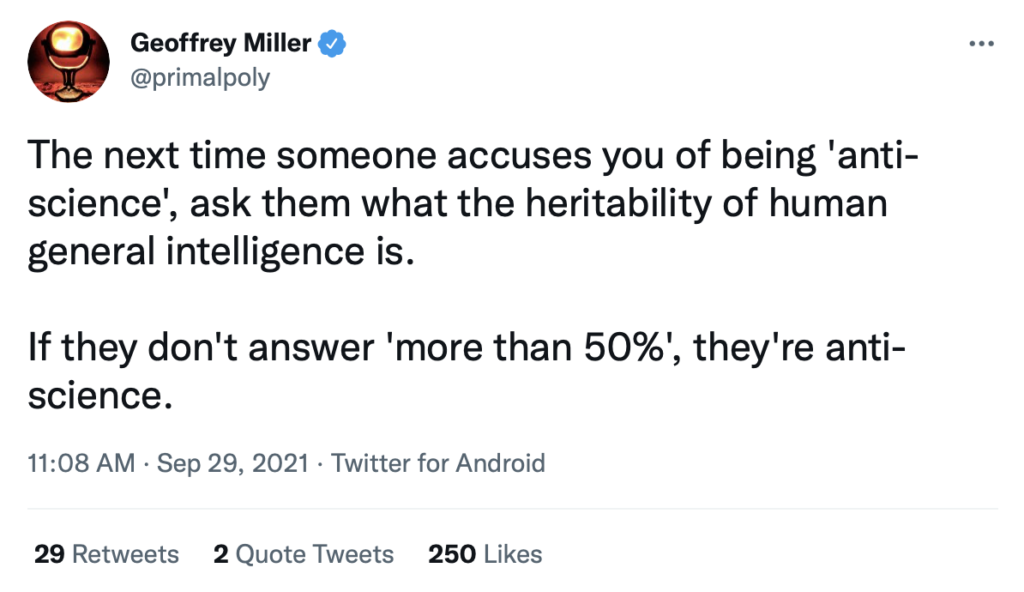The (Old) Solution to our Two Dominant Troll Cultures
From The Constitution of Knowledge, by Jonathan Rauch (2021):
We are in for a fight against two insurgencies: the spread of viral disinformation and alternative realities, sometimes called troll culture, and the spread of enforced conformity and ideological blacklisting, sometimes called cancel culture. One is predominantly right-wing and populist, the other predominantly left-wing and elitist. One employs chaos and confusion, the other conformity and social coercion. But their goals are similar, and often, weirdly, they act as de facto allies.
What troll culture and cancel culture have in common is that they are techniques of what propaganda experts often call information warfare. Rather than using rational persuasion to seek truth, they manipulate the social and media environments for political advantage. They may appear marginal, disorganized, or unhinged, but they are aggressive, expansionary, and rooted in a sophisticated understanding of human cognitive and emotional vulnerabilities. They have captured commanding institutional heights, including (for four years) the White House and substantial parts of academia. They exploit the capabilities of digital technology to amplify their speed and reach. But they have also engendered encouraging pushback, as awareness of the methods they use and the dangers they pose has grown.
How do we protect ourselves from these trolls? We need to sustain and defend our most maligned and most important principle: Free Speech. Rauch explains:
The miracle is how robust free expression and liberal science have proved to be, despite unremitting attacks from every direction over hundreds of years. The idea that obnoxious, misguided, seditious, blasphemous, and bigoted expressions deserve not only to be tolerated but, of all things, protected is the single most counterintuitive social principle 'A Terrible Statement Unless He Gets Away with It”
In all of human history, every human instinct cries out against it, and every generation discovers fresh reasons to oppose it. It is saved from the scrapheap of self-evident absurdity only by the fact that it is also the single most successful social principle in all of human history. Those of us who favor it, and also our children, and also their children and their children, will need to get up every morning and explain and defend our counterintuitive social principle from scratch, and so we might as well embrace the task and perform it cheerfully.
Constitution of Knowledge, pp 17-19.


